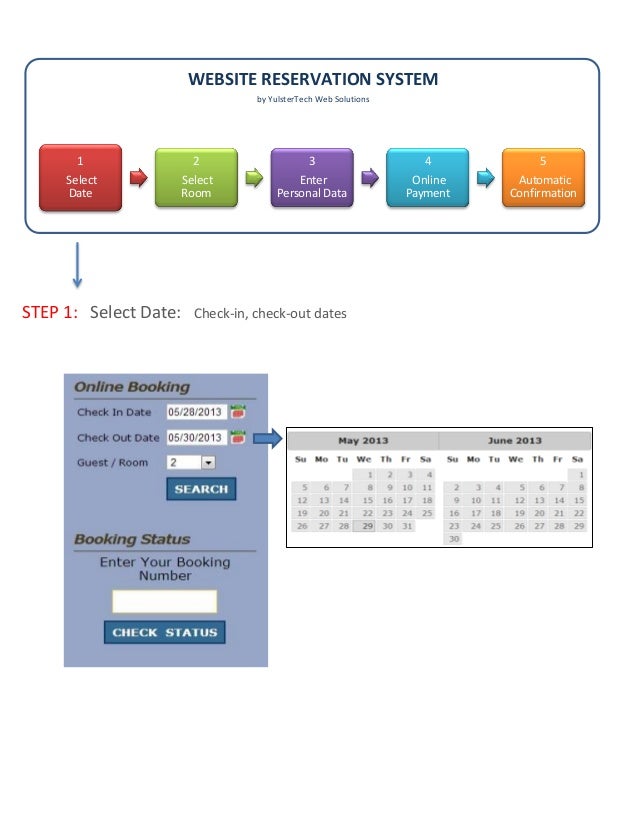When planning a trip, one of the most critical decisions you’ll make is where to stay. Finding the cheapest hotels in the United States can be a challenge, but with the right strategies and tools, it’s entirely achievable. Whether you’re traveling for business, leisure, or a family vacation, understanding how to navigate hotel booking sites and identify the best deals can save you significant money. This article explores effective methods for finding affordable accommodations, highlights top hotel booking platforms, and provides actionable tips to ensure you get the best value for your money.
The Importance of Booking First
Before diving into the search for cheap hotels, it’s essential to understand that many platforms require a booking before allowing users to leave reviews. This ensures that the feedback comes from real guests who have actually stayed at the property. When considering a hotel, look for reviews that mention specific details like room quietness, staff friendliness, and overall cleanliness. These insights can help you gauge the quality of your potential stay.
Strategies for Finding Affordable Accommodations

While the obvious approach to finding cheap hotels includes choosing properties outside of downtown areas, avoiding high season travel, and opting for lower star ratings, there are other trends worth exploring. According to KAYAK data from the last 12 months, the cheapest day to book a domestic stay in the U.S. is typically November, while international stays are most affordable on Saturdays. Additionally, the month with the lowest average prices for U.S. stays was also November.
By leveraging these insights, travelers can plan their trips strategically to maximize savings. However, it’s important to note that the best deals often come from comparing multiple sources and being flexible with dates and locations.
Evaluating Hotel Booking Sites
With dozens of hotel comparison sites available, each claiming to offer the best deals, it’s crucial to evaluate them based on more than just price. Factors such as ease of use, filtering options, and transparency of pricing play a significant role in determining which site suits your needs best.
Kayak: A Reliable Metasearch Tool
Kayak stands out as a user-friendly metasearch platform that aggregates listings from various online travel agents (OTAs). Its intuitive interface allows users to compare prices across different sites and filter results by amenities, location, and more. Kayak also offers price alerts, making it easy to monitor rate fluctuations over time. For those seeking a more personalized experience, its AI-powered tool can help narrow down search results based on specific preferences.
Booking.com: A Wide Range of Options

Booking.com excels in offering a diverse range of accommodations, including hotels, hostels, and vacation homes. Its robust filtering system allows users to refine searches by budget, star rating, and amenities. Additionally, Booking.com provides accessibility filters and sustainability-focused options, making it a great choice for travelers with specific needs.
Hotels.com: Family-Friendly Features
Hotels.com is particularly well-suited for families, offering a wide variety of property types, including castles and vacation rentals. It clearly labels discounted rooms and allows users to filter by free cancellation options. The site’s user-friendly interface and competitive pricing make it a top recommendation for group travelers.
Other Top Hotel Booking Platforms
-
Expedia, Orbitz, and Travelocity: These established platforms offer similar experiences, with user-friendly interfaces and competitive pricing. They are owned by Expedia, Inc., and while prices may vary slightly, the overall experience remains consistent.
-
Priceline: Known for its ExpressDeals and Pricebreakers, Priceline offers steep discounts on hotel bookings. However, some deals require booking without knowing the exact hotel name, which can be a drawback for some travelers.
-
Tripadvisor: With its extensive collection of user reviews, Tripadvisor is an excellent resource for researching hotels. It also allows users to compare prices across different booking sites, making it a valuable tool for informed decision-making.
-
Hotwire: Hotwire is ideal for last-minute deals and offers price alerts to help users track rate changes. Its “Hot Rates” feature provides access to undisclosed hotels at discounted prices.
-
Google Hotels: Integrated with Google Maps, Google Hotels offers location-based listings and metasearch capabilities. While it may not have as many filters as other platforms, it’s a convenient option for quick searches.
Tips for Finding the Best Deals
- Start Early: Begin your search several weeks or even months in advance to identify pricing trends and secure the best rates.
- Compare Across Sites: Use at least two to four booking platforms to compare prices and ensure you’re getting the best deal.
- Check Directly with the Hotel: Sometimes, hotels offer better rates when booked directly, so it’s worth reaching out to confirm.
- Consider Credit Card Points: If you collect travel points, check your credit card’s travel portal for potential savings.
- Review Total Costs: Always verify if taxes, fees, and resort charges are included in the displayed price.
- Read the Fine Print: Be aware of cancellation policies, hidden fees, and other terms that could affect your booking.
Conclusion
Finding the cheapest hotels in the United States requires a combination of research, strategy, and flexibility. By utilizing reliable booking platforms, comparing prices across multiple sources, and staying informed about pricing trends, travelers can significantly reduce their accommodation costs. Remember, the best deal isn’t always the cheapest—considering factors like location, amenities, and overall value will help ensure a comfortable and enjoyable trip. With the right approach, you can enjoy your vacation without breaking the bank.




